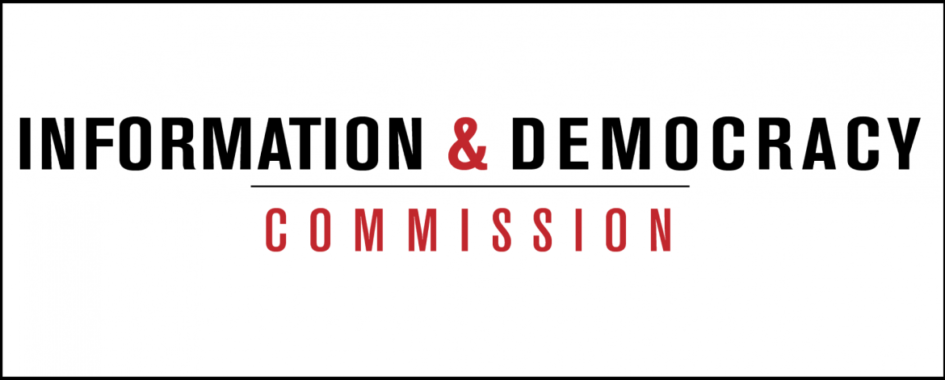Živkovićevi advokati će do 19. novembra odgovoriti na prethodnu tužbu, koju je koodinator Malović podneo zbog teksta „Partijska država + proveren kadar = naprednjačko vladanje”, objavljenog 9. jula ove godine (videti ovde), o čemu je naš sajt pisao 22. oktobra (videti ovde).
Inkriminisani segmenti
Maloviću je, sudeći prema tužbi u koju je naša redakcija imala uvida, zasmetao dijalog fiktivnih likova Jove Burenceta i Mileta Valjuške, kome je „prisustvovao” isto tako fiktivni lik Pančo Pravedni (italik i bold advokat Dušan Stojković):
– Evo pričamo malo o ovim našim velmožama. Šta smo doživeli, moj Pančo, da nema skoro nijedan Pančevac među ovi naši političari. A ovi što pretekli, ej, šta su oni sebi dozvolili. Da im jedan novobeogradski kamiondžija komanduje. On okom, oni skokom! Sve neki gradski momci, pomislio bi – onaj bašibozuk i batinaše ne računam, njih tek treba da školujemo – a manji od makovog zrna kad ih postrojava onaj kabadahija. Onaj što šamara žene.
– Nije kamiondžija, nego kafedžija i nije vozio kamion, nego limuzinu, u Ministarstvu rudarstva, za vreme muža Tomine prije – ispravlja ga Jova.
– Kako god, on je njima sve i svja. A ništa ne ume, ko ni ovi kojima naređuje, sad da l’ su iz Pančeva il’ sa strane, svejedno je. Al’ njih samo i zanima kako neke novce da zdipe, a za to ti ne treba mnogo nauke kad te kadija i tuži i sudi… – kaže Mile dok gasi pikavac i odmah otvara kutiju, vadi novu cigaretu.
Inkriminisan je i ovaj deo Jovinog i Miletovog „razgovora”, koji je „pribeležio” Pančo:
– Kako kojim Malovićem, pa Babaserom.
– A Baabaseerom, pa tako reci. Kako šta ćemo, njega ćemo po metodama Divljeg zapada, pa ta kaubojština mu je bliska, to razume.Malovića u katran pa u perje, pa nogom u dupe preko Pančevačkog mosta odakle je i došao, pa nek se tamo u Beogradu bakću s njim, neka oni vide šta će.
– Čekaj, čekaj, kako to misliš, to, šut u but, pre ili posle istrage?
– Pre, pa kod nas u Pančevu će da bude zatvor, ali nemamo to Tužilaštvo za organizovani, kako beše, za organizovani k…
– Kontroverzni biznis!!
Zastupnik tužitelja Stojković smatra da je „tužilac još jednom u tekstu tuženog označen kao kafedžija, vozač i babasera koji je kao takav nesposoban da obavlja posao” (ne kaže koji). On dodaje da „u ovom tekstu tuženi ide i dalje navodeći da tužilac ništa ne ume, da svoj posao obavlja po ‘metodama divljeg zapada’ i da mu je bliska ‘kaubojština’, te da tužilac treba da ide u zatvor kao i da se bavi organizovanim kriminalom i ‘kontroverznim biznisom’”. Onda citira član 23, stav 1. Ustava RS („Ljudsko dostojanstvo je neprikosnoveno i svi su dužni da ga poštuju”). Ostatak tužbe je, praktično, od reči do reči prekopiran iz prethodne.
Gde ima smeha, nema straha
Očigledno je da Maloviću, kao važnom šrafu kartela i interesne grupe koja se predstavlja i spolja liči na političku organizaciju, smeta kritika, podsmeh, sprdnja i satira, a ako je dotle došlo (a jeste) onda teško Srbiji. Nijedna totalitarna struktura nema odgovor na ismevanje, jer em ne razume smeh, pošto nije duhovita, em oseća da tamo gde ima smeha nema straha, što znači ni na njemu zasnovane poslušnosti i discipline. A onda ode u nepovrat i autoritet na tim „vrednostima” zasnovan… Ako našeg druga Branka nezadovoljni članovi zovu onako kako ga zovu izmišljeni likovi – kafanski drugari Jova i Mile (Babasera) onda se temelji Malovićeve strahovlade među južnobanatskim naprednjacima nezadrživo ruše. A tome naš drug Branko mora da stane na put, pa je krenuo od pozivanja na odgovornost pred sudom našeg novinara, zbog tih strašnih zločina poigravanja rečima i nadimcima u jednoj šaljivoj priči objavljenoj na „tamo nekom levom sajtu”…
S druge strane, naš drug Branko ima mnogo „unutrašnjih” problema jer su se u oblasti pod njegovom neposrednom kontrolom – za koju je zadužen ne samo kao koordinator vladajućeg kartela, nego i kao gradonačelnik oba grada, predsednik šest opština, pregovarač u znatnijim poslovnim poduhvatima i direktor svakog javnog preduzeća – pojavile neravnine: prvo ona Rakićka u Vršcu javno priča protiv naprednjaka, pa ju je takođe tužio zbog teksta objavljenog u „Danasu”, onda „otpadnik” Predrag Belić, bivši predsednik Opštine Alibunar, sa kojim je u realnom sukobu, a sad i tu neki novinar Živković u Pančevu, koji i dalje pruža otpor uništavanju društva, urušavanju institucija i opštem obesmišljavanju svega što se obesmisliti može, time što ukazuje na grube faulove vlasti i pratećih entiteta…
Politički motivisane tužbe
Nema nikakve sumnje da je najnoviji napad na sajt Pančevo Si Ti politički motivisan i da ova inflacija tužbi predstavlja novi pritisak na slobodno, nezavisno, profesionalno, kritičko i angažovano novinarstvo koje naš sajt gaji od osnivanja, 1. maja prošle godine. Inflacija Malovićevih tužbi nedvosmisleno pokazuje da je u toku sudska kampanja koju SNS vodi protiv novinara i medija koji nisu pod njenom medijskom kapom i kontrolom, u okviru organizovane akcije vladajućih struktura na gušenju slobode javne reči i prava na izražavanje u celoj Srbiji. Hajde jedna tužba, to bi moglo da se shvati kao slučajnost, ali dve, to je već neskrivena namera.
Naša Redakcija poziva novinarsku i najširu demokratsku javnost da se isključivo nenasilnim, institucionalnim i vaninstitucionalnim, akcijama i u skladu sa zakonom, usprotivi talasu najnovijih pritisaka vlasti, vladajuće stranke i režimskih medija na slobodu javne reči u Srbiji. Do sada nijedan ugnjetač slobode nije shvatio da borba za istinu i pravdu dugo traje, mnogo boli i puno košta, ali da dobro na kraju uvek pobedi.
Vesti iz Živkovićevog štaba
U ekskluzivnoj izjavi za naš sajt, Živković je rekao:
– Neka mi ne bude zamereno, iskoristio bih ovu priliku da uputim ličnu poruku g. Maloviću: Branko, molim te da naložiš svojim advokatima da pažljivije pročitaju moje tekstove na sajtu Pančevo Si Ti i da nastave da podnose tužbe – ako mi sledeće nedelje ne stigne treća, a one tamo četvrta, razočaraćeš me kao čovek, muškarac, intelektualac, koordinator, potpredsednik, ugledan poslovni čovek i uzoran građanin. Vidimo se na sudu, obuci se lepo.
Živković je najavio da će javnost i sve zainteresovane strane u zemlji i u inostranstvu biti blagovremeno obaveštene o aktivnostima njegovog tima za odbranu pred sudom i za sprečavanje dalje uzurpacije slobode javne reči i slobode izražavanja.


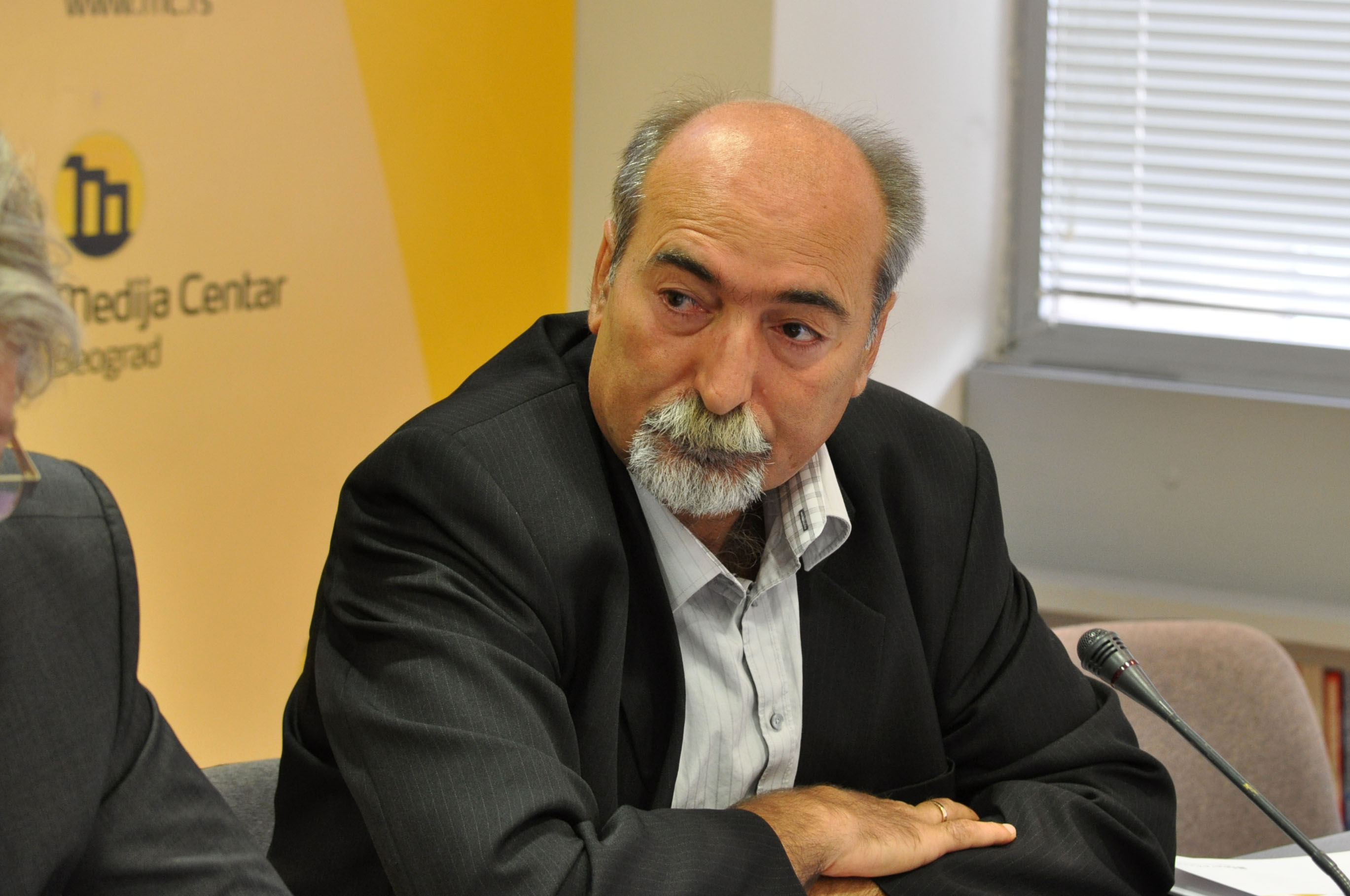
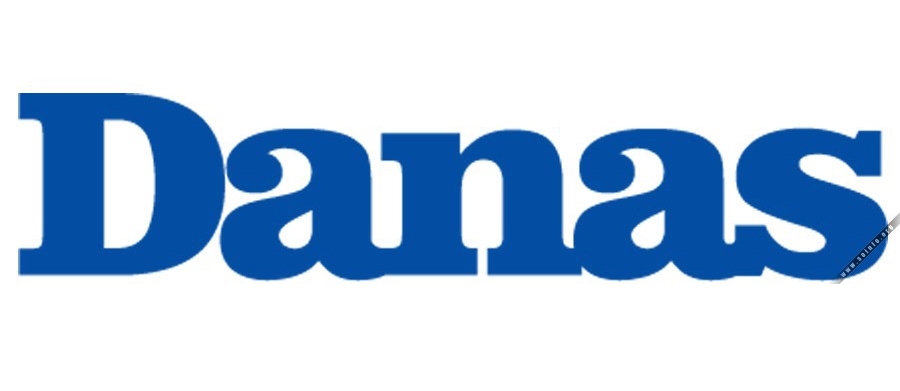
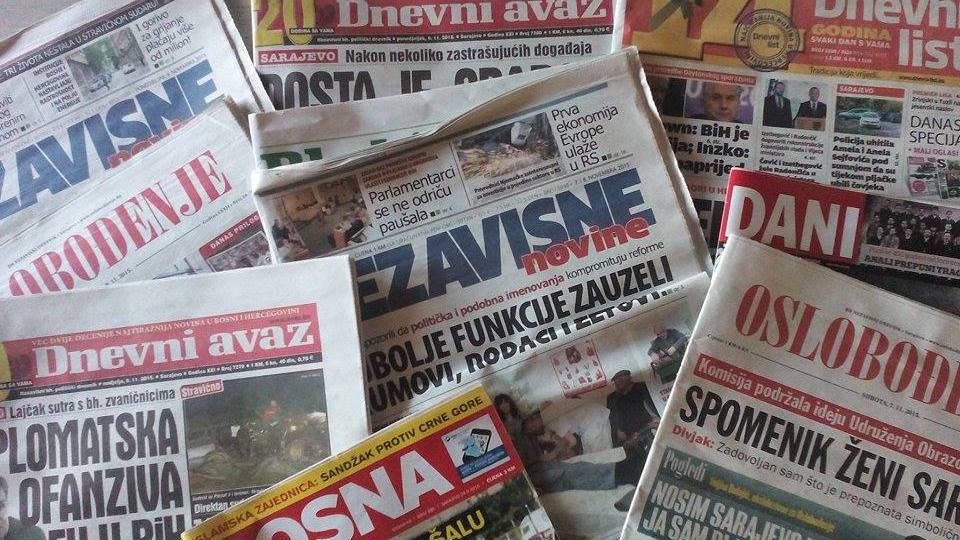
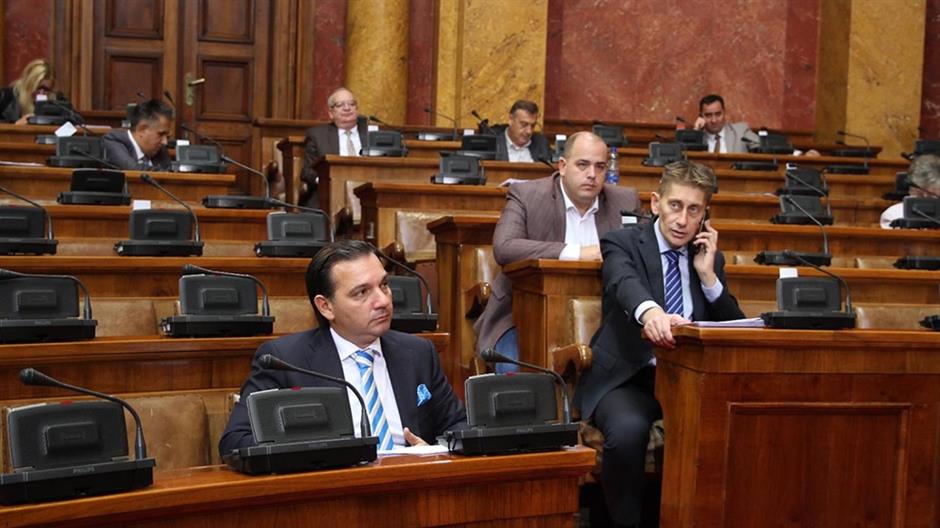

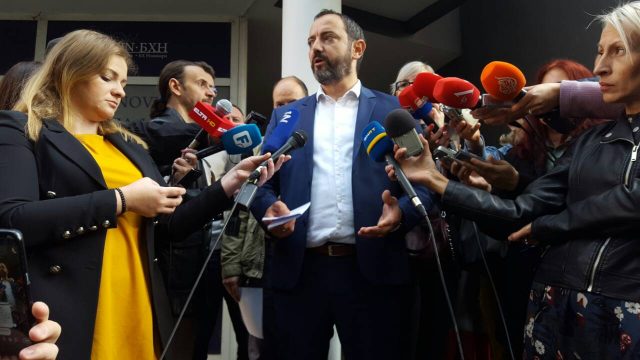
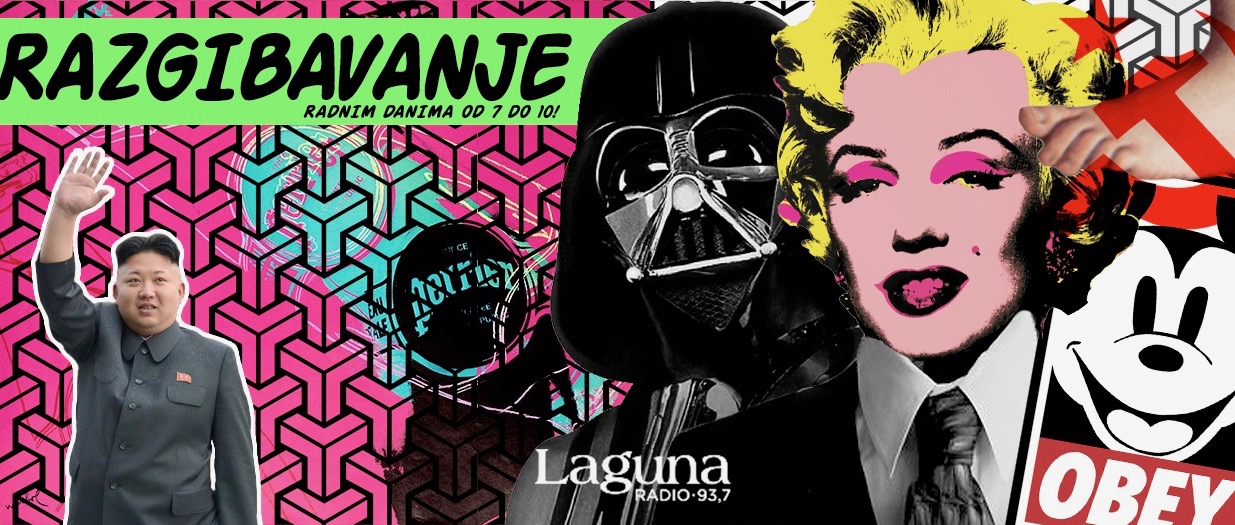

 “I have received police protection at different times from 2007. Since 2017, security measures were increased due to threats I received from local politicians: I had showed they were close to members of the Sacra Corona Unita, the mafia of southern Puglia.
“I have received police protection at different times from 2007. Since 2017, security measures were increased due to threats I received from local politicians: I had showed they were close to members of the Sacra Corona Unita, the mafia of southern Puglia. “The murders of journalists in Malta and Slovakia are an indication that something is wrong in Europe. The killings surprised me, but they happened in a context of a general degradation of the state of freedom of expression in Europe.
“The murders of journalists in Malta and Slovakia are an indication that something is wrong in Europe. The killings surprised me, but they happened in a context of a general degradation of the state of freedom of expression in Europe. “With KRIK, we have published many stories revealing corruption and crime among high officials in Serbia. Every time we post a big story there is some kind of trouble after.
“With KRIK, we have published many stories revealing corruption and crime among high officials in Serbia. Every time we post a big story there is some kind of trouble after.